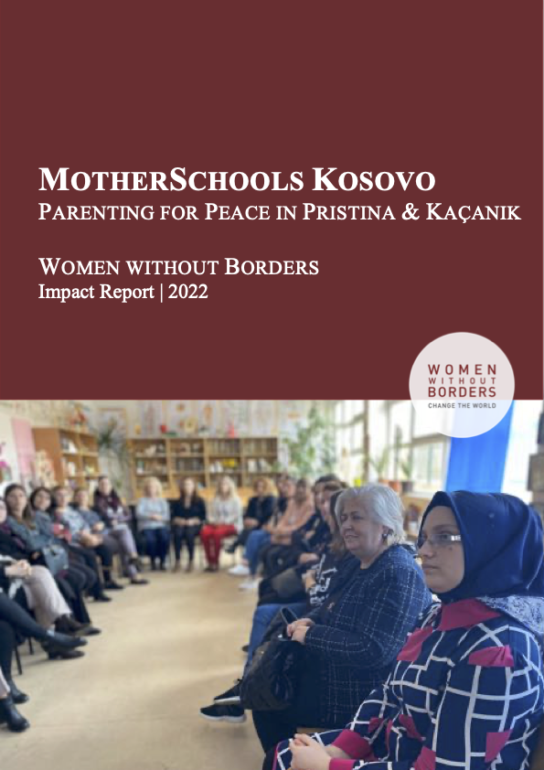The glaring barriers to public and political participation that women across the world continue to face motivated Women without Borders (WwB) to launch its ‘Girls Parliaments’ project in 2005. Over the course of two years, a series of workshops were convened to deliver self-confidence and capacity-building trainings in ten communities across nine Latin American and European countries. While twenty of the young leaders from the workshops went on to participate in conferences in Buenos Aires (Argentina) and Belén (Costa Rica), women around the world connected through the project’s interactive online community platform. This empowerment initiative supported female youth in conceptualising, normalising, and constructing a more gender-equitable future through female participation in public life.
Women are still five times less likely to be represented in parliament than their male counterparts; UN Women in 2016 estimated that on average just over twenty per cent of all parliamentarians in the world were women. As policy shapers impact the fabric of local, national, and international communities, women have an important role to place in the decision-making process. Preparing girls and young women to participate in politics and civil society and take on leading roles in their communities is an important step in the right direction, particularly in light of the ensuring underrepresentation of women on the political stage.
In order to promote political youth empowerment around the world and push back against barriers to female leadership, Women without Borders (WwB) implemented its ‘Girls Parliaments’ project between 2005 and 2007. In cooperation with the city of Graz, and as part of the intercontinental girls parliament funded by the European Union’s URB-AL programme, WwB created an global interactive platform where young women from different socio-economic and cultural backgrounds between the ages of 15 and 24 could access educational material and connect with other politically-minded and engaged female youth. The project spanned ten communities across nine countries: Buenos Aires (Argentina), San Salvador (El Salvador), Belén (Costa Rica), Ate (Peru), Sucre (Venezuela), San Javier (Bolivia), Graz (Austria), Alessandria (Italy), and Sabadell and Barcelona (Spain).
WwB initiated the ‘Girls Parliaments’ project by developing the ‘Get Involved’ handbook. The extensive training manual consisted of exercises and included information regarding topics like democracy, gender equality, human rights, political involvement, and critical thinking. This handbook served as the foundation for capacity-building workshops that WwB and its Local Implementing Partners (LIPs) held for teachers in each location. ‘Get Involved’ was written in German and translated into English, Italian, and Spanish to enable teachers in every participating community to fully grasp its concepts and lessons before going on to deliver a contextualised curriculum as workshop leaders.
Once equipped with the handbook’s lessons, teachers convened a series of two-week-long training workshops for young women in each of the ten communities. Instructors led participants through self-confidence and capacity-building exercises and encouraged them to speak up and assert themselves as citizens whose voices deserve to be heard. They were motivated during the training sessions to develop an interest in political participation, to explore their potential leadership qualities, and to actively practise and apply these skills. This was paired with the launch of an interactive online project platform, which allowed the participants to connect with other young female leaders, share ideas, and support one another across borders and divides.
The project culminated in international conferences in Buenos Aires and Belén. Two representatives from each of the ten participating cities had the opportunity to network and establish partnerships with individuals from all of the participating locations. Through these conferences, twenty female prospective policy-shapers were able to convene and form an intercontinental network of local and international Girls Parliaments. The ‘Girls Parliaments’ project encouraged, supported, and empowered young women around the globe to assume their rightful role among men in local and international politics.


